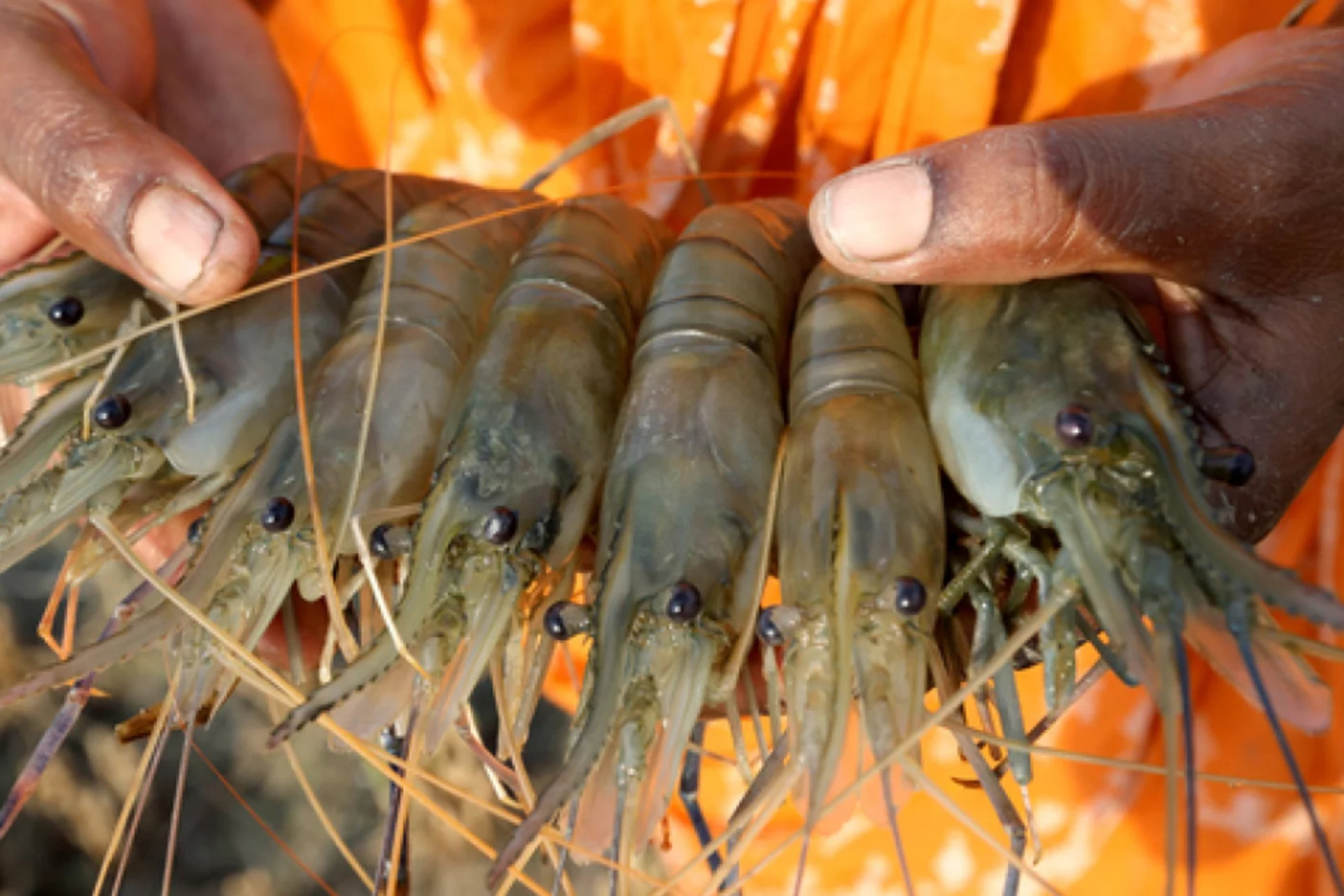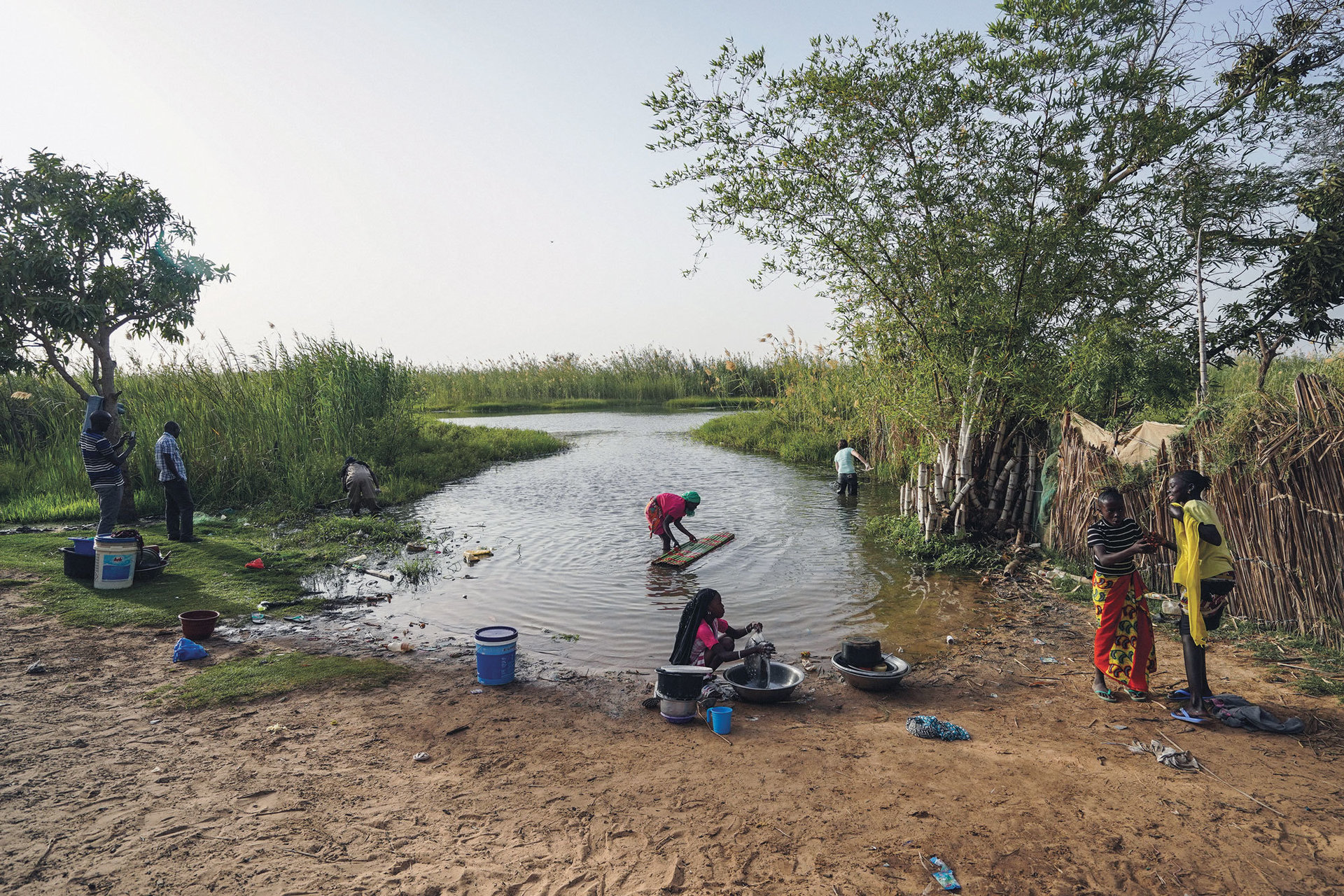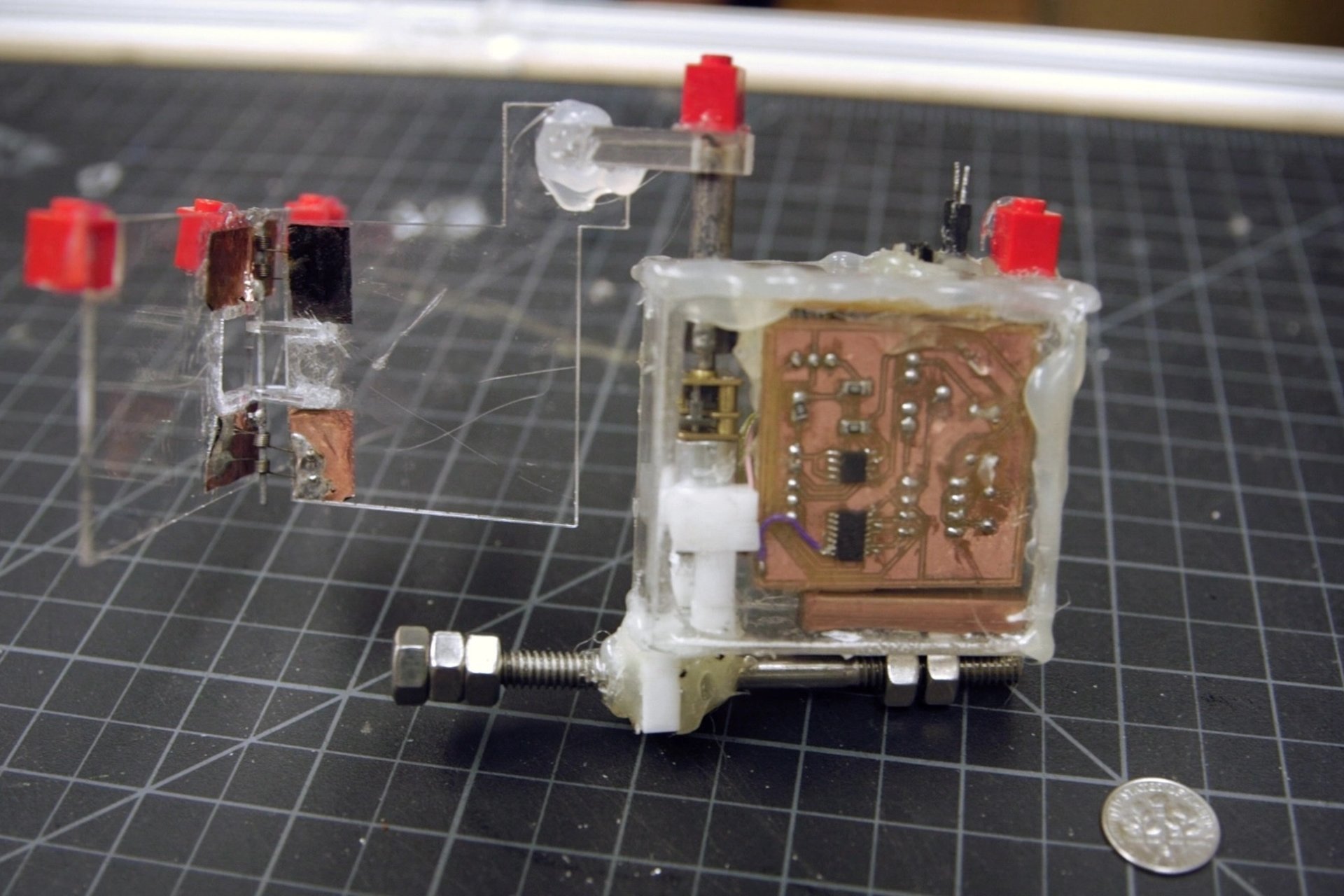New Solutions for Global Control of Parasitic Infections: The Case of Schistosomiasis
Funding Year: 2013
Research Areas: Food Security, Freshwater, Natural Capital, Public Health
Regions: Africa, Asia, South America
Instead of treating a debilitating parasitic infection called schistosomiasis with drugs, this project aims to develop methodologies for controlling the snail populations that are the cause of the disease in developing countries, particularly those where dams and water projects have greatly expanded freshwater habitats for snails. Traditional drug treatments invariably end up in reinfection, as parasite reservoirs remain undisturbed. This project introduces river prawns, a native crustacean predator that likes to consume snails, as an environmentally safe and effective snail control option. This approach might offer a triple win solution by amplifying the positive effect of traditional drug treatment, possibly eradicating the disease from some areas, and offering a source of protein and marketable goods.
Since beginning field work, the Upstream Alliance, as the researchers call their initiative, has broadened its focus to encompass a range of potentialnatural solutions to global health problems, and has attracted millions of dollars in funding from organizations such as the Bill and Melinda Gates Foundation and the National Science Foundation.
Learn more about the Environmental Venture Projects grant program and other funded projects.
Principal Investigators:
Michael Hsieh
Giulio De Leo, Professor of Biology and Senior Fellow at the Woods Institute for the Environment
Susanne Sokolow, Senior Research Scientist - Basic Life
Related News
Satellite images, drone photos and even Google Earth could help identify communities most at risk for getting one of the world's worst tropical diseases.
A project that received early funding from the Woods Institute is using ecological solutions to combat a debilitating disease.
Stanford researchers find infected snails are more appealing to their natural predators.
Quotes Woods Senior Fellow Giulio De Leo (Humanities and Sciences) and Woods Affiliate Susanne Sokolow on their research using prawns to fight Schistosomiasis in Senegal.
Quotes Woods Senior Fellow Giulio De Leo (Biology) and Woods Affiliate Susanne Sokolow on their research using prawns to fight Schistosomiasis in Senegal.








